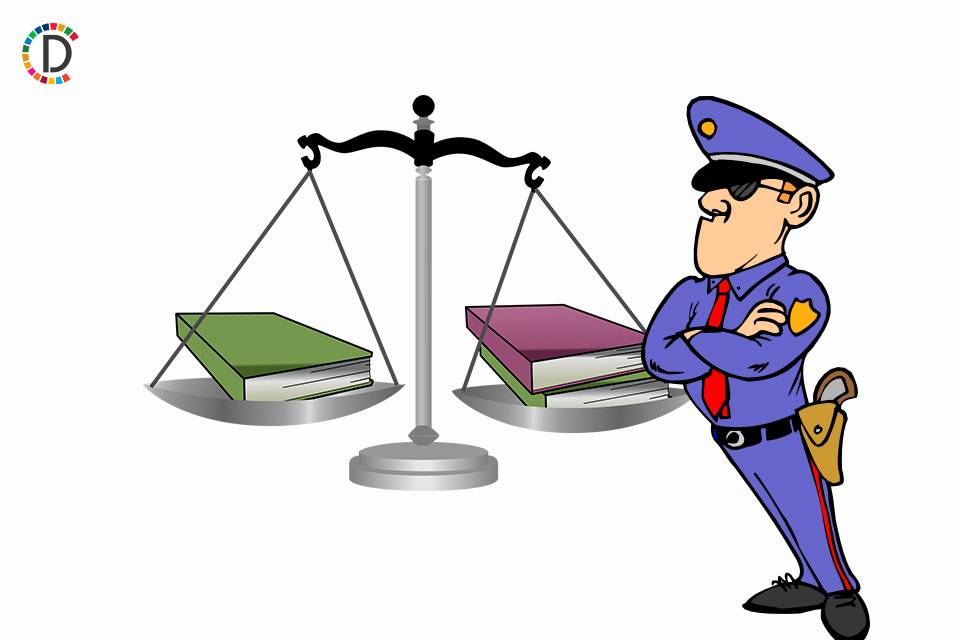N.Korea fires missile, criticises U.S. 'hostile' policy
However, it did not mention Seoul's test of a submarine-launched ballistic missile (SLBM). North Korea has since released a series of statements saying it is willing to restart stalled inter-Korean talks and consider another summit if the South scraps its double standards and hostile policy toward the North.

North Korea fired a missile towards the sea off its east coast on Tuesday, South Korea's military said, as Pyongyang repeated a call for the United States and South Korea to scrap their "hostile policy" to restart talks. The missile was launched from the central north province of Jagang at around 6:40 a.m. (2140 GMT), the South's Joint Chiefs of Staff said. Japan's defence ministry said it appeared to be a ballistic missile, without elaborating.
The latest test underscored the steady development of North Korea's weapons systems, raising the stakes for stalled talks aimed at dismantling its nuclear and ballistic missile arsenals in return for U.S. sanctions relief. The launch came just before North Korea's ambassador to the United Nations urged the United States to give up its hostile policy towards Pyongyang and said no one could deny his country's right to self defence and to test weapons.
South Korea's President Moon Jae-in ordered aides to conduct a detailed analysis of the North's recent moves and devise a response. "We regret that the missile was fired at a time when it was very important to stabilise the situation of the Korean peninsula," defence ministry spokesman Boo Seung-chan told a briefing.
The U.S. Indo-Pacific Command said the launch posed no immediate threat to the United States or its allies but highlighted "the destabilising impact" of the North's illicit weapons programmes. North Korea has accused Seoul and Washington of "double standards," saying they denounced its weapons development while continuing their own military activities.
On Sept. 15, North and South Korea both test fired ballistic missiles, the latest volley in a race in which the rivals have been developing increasingly sophisticated weapons. At the time, Washington condemned the North Korean test, as well as a separate test days earlier of what experts said could be the North's first cruise missile capable of carrying a nuclear warhead. However, it did not mention Seoul's test of a submarine-launched ballistic missile (SLBM).
North Korea has since released a series of statements saying it is willing to restart stalled inter-Korean talks and consider another summit if the South scraps its double standards and hostile policy toward the North. The U.S. State Department condemned the latest missile test, which it said posed a threat to North Korea's neighbours and the international community.
At the U.N. General Assembly, North Korea's U.N. envoy, Kim Song, said the country was shoring up its self-defence and if the United States dropped its hostile policy, it would respond "willingly at any time" to offers to talks. "But it is our judgment that there is no prospect at the present stage for the U.S. to really withdraw its hostile policy," Kim said.
Referring to a call by Moon last week for a formal end to the 1950-53 Korean War, Kim said Washington needed to permanently stop joint military exercises with South Korea and the deployment of strategic weapons on and around the peninsula. The Korean War ended with an armistice not a peace treaty, leaving U.S.-led U.N. forces technically still at war with North Korea.
The issue of formally ending the war has become caught up in efforts to get North Korea to give up it nuclear weapons.
(This story has not been edited by Devdiscourse staff and is auto-generated from a syndicated feed.)










